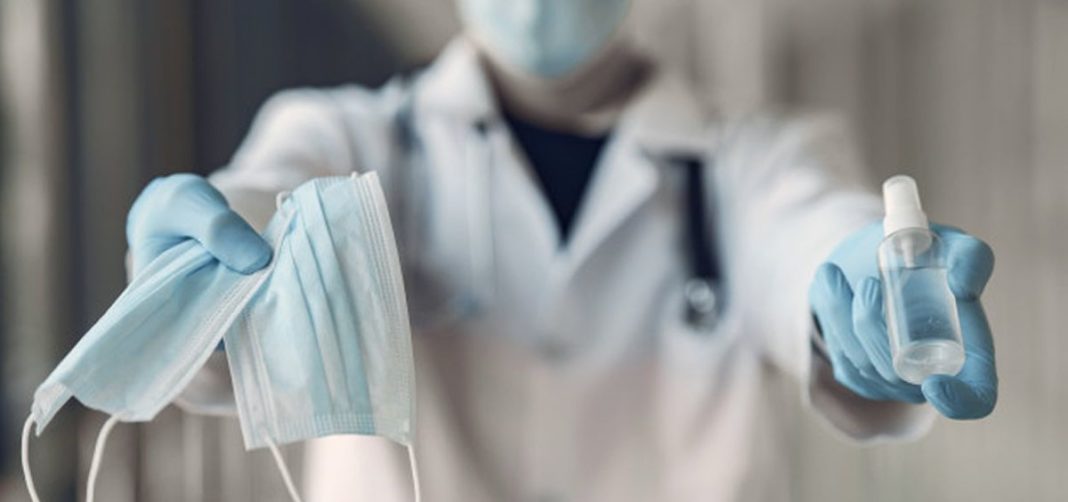One more of the Health Ministry’s ‘good intentions’ looks as though it could have scored yet another ‘own goal’ for the Spanish Government with the establishment of price controls for surgical masks and hydro alcoholic gels and solutions so as to avoid speculation.
In response to a demand from the General Council of Pharmaceutical Colleges, the Ministry has established maximum prices to be charged for such items from Friday
Surgical masks will have a maximum price of 0.96 euros and hydroalcoholic gels and solutions will cost between 0.015 and 0.21 euros / ml depending on the size of the container, with VAT included in both cases.
The setting of maximum prices by the Ministry of Health is intended to guarantee that everybody will have access to the products used as hygienic measures for the prevention of contagion by COVID-19.
However, according to a spokesman for the textile industry, the low price set for the sale of the masks will prevent many textile companies from manufacturing such products as they say that the low price represents a severe setback for their profit forecasts.
The secretary of the Association of Textile Entrepreneurs of the Valencian Community (ATEVAL), Pepe Serna, says that companies that have already adapted their facilities and that have started production “will no doubt continue, even though these prices will see them barely breaking even. However, those that are still to adapt their production lines are now likely to change their minds as the feel that they will not be compensated for the necessary investment.”
Serna said that five weeks ago “there was no one producing such items and the sector decided to exercise responsibility, modify their production lines in an effort to make up for the existing shortages, and also because the production of sanitary clothing represented an opportunity.”
“However, now we have found that this decision once again penalises small and medium-sized companies for doing the right thing and for coming to the aid of the government, and it favours large multinationals and imports from China.”
Serna says that he is not looking for special treatment for the sector, but rather that the market regulates it’s own prices.
Now, he says, as a result of the price fixing, it could once again lead to a shortage of masks in just a few days.
The pricing was a demand of the General Council of Pharmaceutical Colleges, which says that price regulation because it will curb speculation. However many pharmacies also criticise the regulation saying that it will create “shortages” and that they too will suffer losses.
Much of the stock that pharmacies carry will have been bought before the price controls were introduced and in many cases masks and gels have been purchased at prices above the level set by the government. They have already been told that they will not be compensated, so they are obliged to sell them at an infinitely lower price than that at which they were purchased.
The secretary general of the Andalusian Pharmacy Office Confederation of Entrepreneurs (CEOFA), said that his pharmacies are now paying between 75 cents and 1.25 euros and, they warn, everything that involves buying above 76 cents will result in a loss, something that they are not willing to assume.





